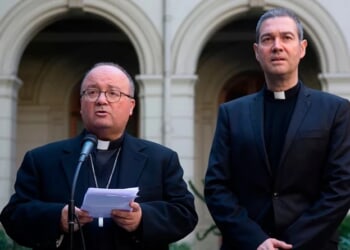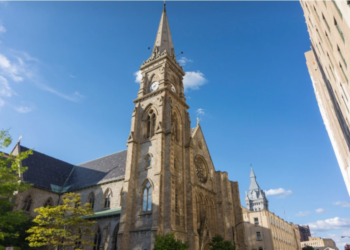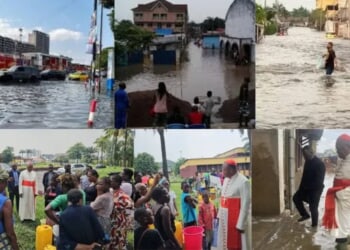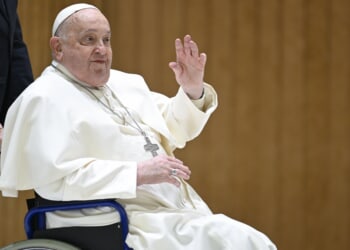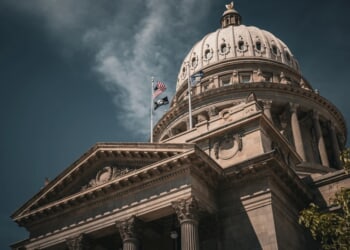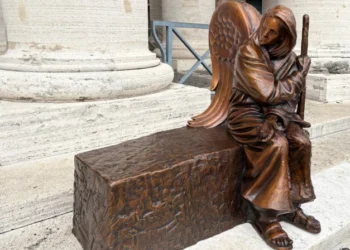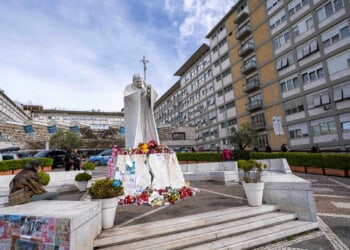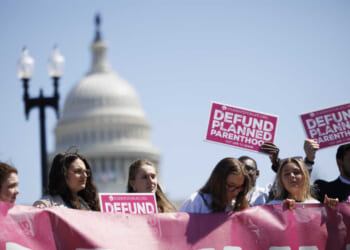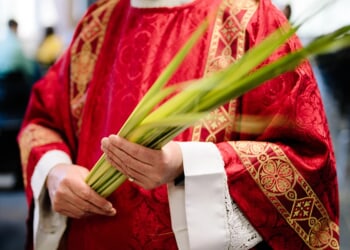ACI MENA, Apr 19, 2025 /
07:00 am
This year’s Easter celebrations in the Holy Land are expected to unfold under a complex and emotional landscape marked by sorrow and hope as war continues in Gaza and security tensions escalate across the West Bank and Jerusalem.
For Christians in Gaza, full participation in Easter rituals is impossible due to the blockade and closed crossings. Meanwhile, many West Bank Christians face significant hurdles in obtaining Israeli permits to enter Jerusalem amid increasingly tight security restrictions.
Despite these challenges, churches in Jerusalem and across Palestine insist on observing Holy Week traditions — even if on a smaller scale and under exceptional circumstances. For the Christian community here, Easter is not merely a religious tradition but an act of faith and resistance — a cry for life in the face of death and destruction.
In this spirit, the Latin Patriarchate of Jerusalem has announced the schedule for this year’s Holy Week celebrations, presided over by Cardinal Pierbattista Pizzaballa, Latin patriarch of Jerusalem, at the Church of the Holy Sepulcher. The celebrations began on April 13 with Palm Sunday and will culminate on April 20 with a solemn entry into the Holy Sepulcher followed by Easter Mass and the traditional procession inside the church.
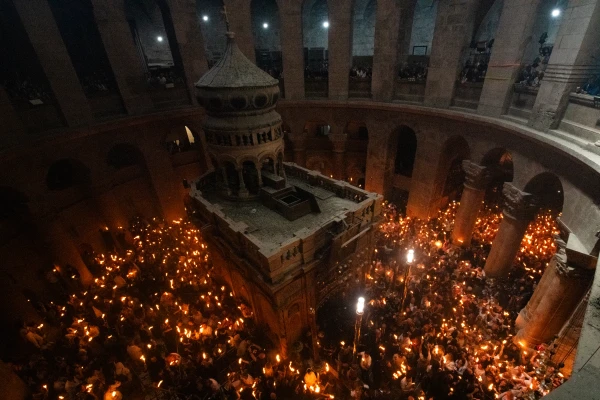
A season without pilgrims
Despite the difficult circumstances, churches in the Holy Land remain committed to marking Holy Week — even in its most modest expressions.
For many local Christians, Easter is not just about rituals and festivities but a profound declaration of faith, belonging, and hope — a message that confronts daily sorrow and uncertainty.
The burden of emigration
What weighs even heavier on this year’s celebrations is the continued absence of pilgrims and tourists for a second consecutive year.
This absence has dealt a painful blow not only spiritually but also economically to hundreds of Christian families who rely on religious tourism as their main source of livelihood.
In cities like Bethlehem and Jerusalem, markets are nearly stagnant, olive wood carving workshops are struggling with unsold inventory, and hotels, restaurants, and shops are witnessing an unprecedented slowdown, leaving many without work and facing serious financial hardship.
This dire reality has led more Christian families to consider emigration in search of stability and survival, raising real concerns about the future of the Christian presence in the very land where the Gospel was first proclaimed.
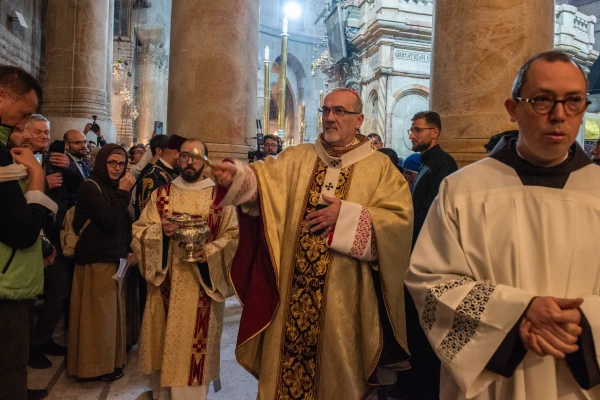
Hope amid crisis
Still, the tone of hope has not been absent from Church leaders’ messages.
(Story continues below)
Subscribe to our daily newsletter
Pizzaballa issued a heartfelt appeal to pilgrims not to hesitate in coming to the Holy Land. “Your presence is a presence of peace… and we need peace,” he said in his message.
Father Francesco Patton, custos of the Holy Land, echoed this call, describing visits to the sacred sites as “an act of faith and a tangible expression of support for local Christians,” who, despite everything, remain deeply rooted in their land.
This story was first published by ACI MENA, CNA’s Arabic-language news partner, and has been translated and adapted by CNA.




